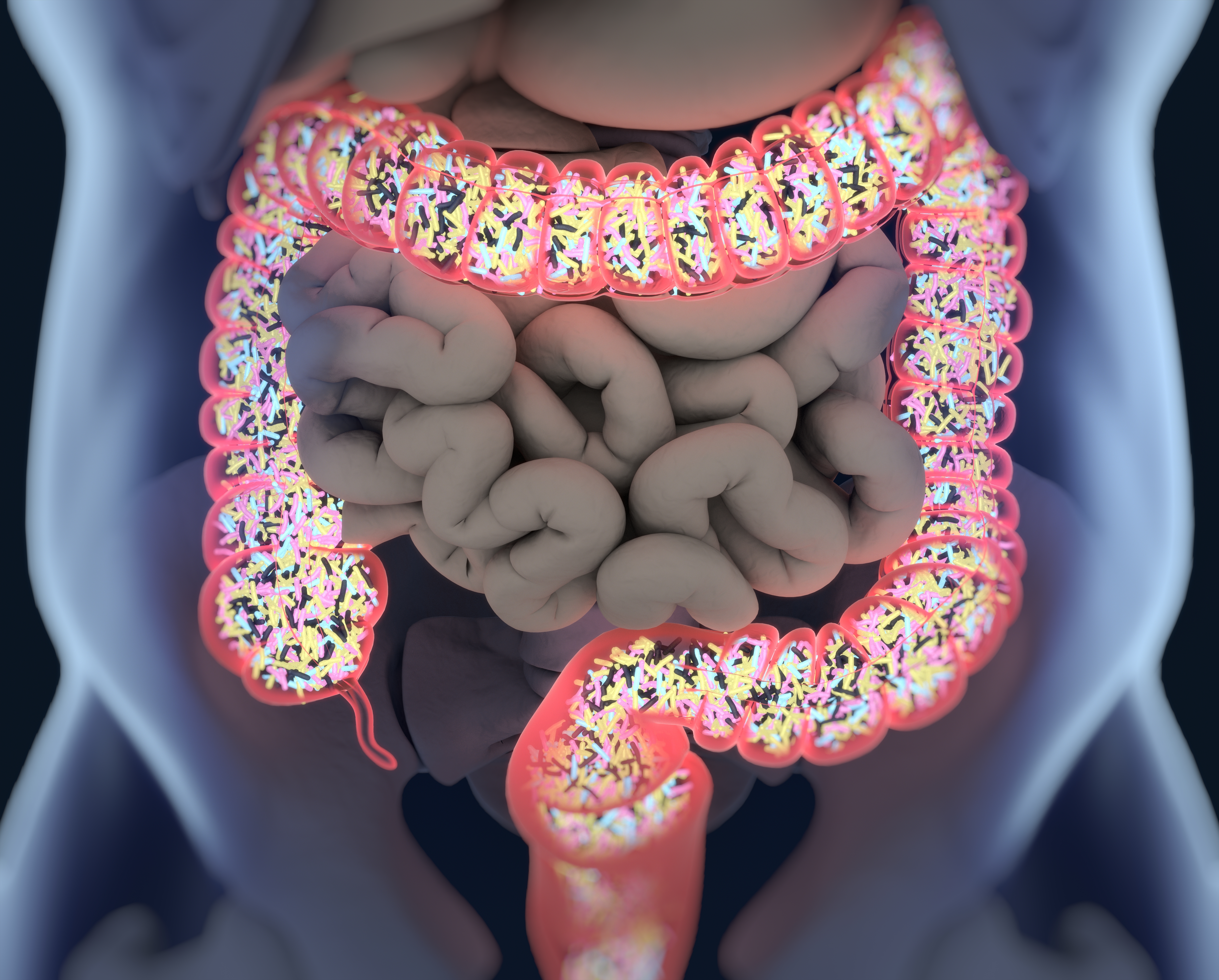When I started researching the physiological effects of mindfulness, I expected to find changes in the brain. Digging deeper, I found that its impact is way more widespread. It helps with cancer recovery, autoimmune conditions, irritable bowel syndrome, arthritis, and so on. How does a brain-based practice impact the body so globally? In my research I found that the answer lies in the interplay of mindfulness and stress.
Mindfulness Stops Stress
Mindfulness is a trait that helps us stay in the present moment. We develop this trait by meditating regularly. Meditation is the mind’s gym, training it to notice when a thought arises and to bring us back to the sensation of breath. With this practice, we are trained to notice when the mind is about to get stressed and tune in to the breath instead of letting the stress in. Mindfulness helps us create an invisible shield around us. We do know that stress is bad for us, but it’s effects are worse than we think!
Stress is the Body at War
Stress was designed to protect us from predators. So when we are stressed, our bodies fill up with adrenaline (aka Stress Commander). If a predator really attacked us, we would be left with open wounds and germs will be seeping in. So the Stress Commander deploys troops of germ-killing cells called cytokines (aka Soldier Cells). The Soldier Cells blast every part of the body. Your body is in a full-blown war – medically called inflammation. A small dose of stress isn’t so bad, because the body has the natural ability to bounce back from inflammation. It’s chronic stress that’s dangerous.
Chronic Stress Hurts Gut Health
When we’re stressed for a few days in a row, the Soldier Cells continuously bombard every part of the body, including our gut. The gut is the tube that digests food. It has a thick wall that doesn’t let food-borne germs enter rest of the body. By repeatedly attacking the gut wall during chronic stress, Solder Cells create holes on it. This lets the germs inside the gut out into the rest of the body, eventually getting us sick. So stress creates inflammation, which damages the gut and makes us sick. How could we possibly reverse this mess?
In my research I found an answer and here is the shocker – the 100 trillion germs that live on our gut play a central role in healing us!
The Gut is Home to Microbes

Here’s a little anecdote about the gut. When the gut comes across germs, it decides to keep some behind. These aren’t the disease-producing ones, but the ones that are actually good for us. Vast colonies of these gut microbes live on the gut wall. They eat our undigested fibers and carbs. In return, the gut microbes produce chemicals that are good for us.
Mindfulness is Anti-inflammatory and Anticancer
When we are mindful, we put a brake on stress and the body stops attacking itself. So the Soldier Cells don’t attack the gut wall. When the gut wall is healthy, its microbes are safe. When our gut microbes are well and thriving, they produce a large amount of chemicals called HDAC inhibitors. HDAC inhibitors are genetic elixirs that literally remodel our genes to switch on an anti-inflammatory and anti-tumor effect throughout the body. In fact, this elixir chemical is used in cancer immunotherapy. So by being mindful, we create large amounts of this genetic elixir.
So when we are mindful, our gut microbes produce a genetic elixir that protects us from big diseases like cancer and boosts our immunity. Mindfulness is nature’s immunotherapy!
The author, Ayman Mukerji Househam is a former Wall Street executive, longtime meditator and yogi, clinical social worker and researcher of mindfulness physiology. Her TEDx talk on mindfulness and gut microbes is available at https://www.youtube.com/watch?v=NEjHOuN5YOs&t=9s


